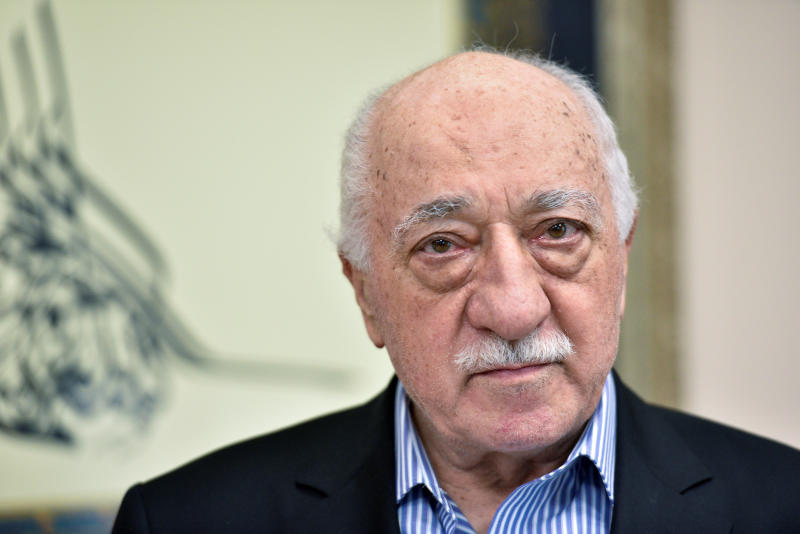×
The Standard e-Paper
Home To Bold Columnists

The diplomatic row between the United States and Turkey has poured into Kenya after a family member of Turkey’s main opposition leader was captured in Nairobi.
Selahaddin Gulen, a nephew of Muslim cleric Fethullah Gulen - who is holed up in the US - is suspected to have been abducted on Monday by people believed to be Turkish intelligence officers, with the help of local police officers.